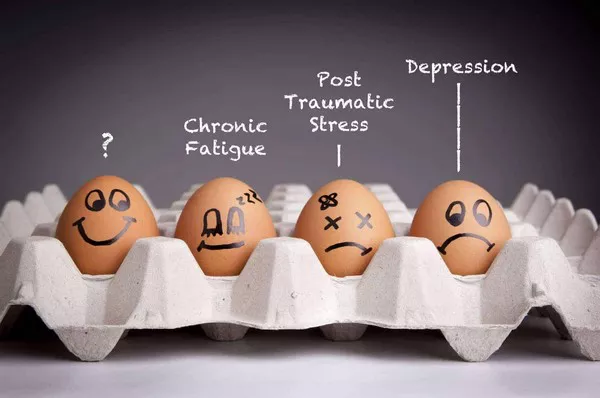Understanding the Scope of the Issue
Mental health is a critical aspect of overall well-being, and its significance is particularly pronounced when it comes to youth. Adolescence and early adulthood are formative periods during which individuals undergo significant physical, cognitive, and emotional changes. It is crucial to recognize the unique challenges faced by young people in today’s rapidly evolving world. This article delves into the reasons why youth mental health deserves utmost attention and presents actionable strategies for promoting their well-being.
Prevalence of Mental Health Issues Among Youth
Research indicates a disturbing rise in mental health issues among young individuals worldwide. Depression, anxiety disorders, self-harm, and suicidal ideation have become alarmingly common. Factors such as academic pressure, social media influence, bullying, family dysfunction, and societal expectations contribute to these mental health challenges. Left unaddressed, these issues can have profound and long-lasting effects on youth, impacting their educational attainment, career prospects, and overall quality of life.
Impact on Individual Development
Youth mental health plays a pivotal role in shaping individual development. Mental well-being is essential for healthy cognitive functioning, emotional regulation, and social interaction. Positive mental health allows young people to explore their talents, pursue education, establish meaningful relationships, and develop resilience necessary to navigate life’s challenges. Conversely, untreated mental health issues can hinder personal growth, impair decision-making abilities, and limit opportunities for success.
Long-term Consequences for Society
The ramifications of neglecting youth mental health extend beyond the individual level. Failing to address mental health concerns during adolescence can lead to a range of adverse outcomes, including chronic mental illness, substance abuse, homelessness, incarceration, and a perpetuation of intergenerational mental health struggles. By investing in youth mental health, society fosters healthier citizens who are more productive, engaged, and capable of contributing positively to their communities.
Breaking the Stigma
Stigma surrounding mental health remains a significant barrier to seeking help, particularly for young people. Many adolescents and young adults fear judgment, discrimination, or being labeled as “weak” if they disclose their mental health struggles. It is imperative to challenge these stigmas through education, awareness campaigns, and promoting open dialogue. Creating safe spaces where young individuals feel comfortable discussing their mental well-being is crucial for early intervention and support.
Building Resilience and Coping Mechanisms
Promoting youth mental health involves equipping young individuals with essential coping mechanisms and resilience-building skills. Schools, families, and communities must collaborate to teach effective stress management techniques, emotional regulation strategies, and problem-solving abilities. Incorporating mental health education into formal curricula can help cultivate self-awareness, reduce stigma, and foster a supportive environment that nurtures psychological well-being.
Accessible and Integrated Mental Health Services
Accessible and integrated mental health services are vital for youth. Schools, healthcare systems, and community organizations should work together to ensure access to professional counseling, therapy, and psychiatric services. Telehealth platforms can play a crucial role in providing remote mental health support, reaching underserved populations, and overcoming barriers like transportation and geographical limitations. It is essential to eliminate financial, cultural, and logistical obstacles that prevent young people from seeking and receiving timely care.
Collaborative Approaches and Multisectoral Partnerships
Addressing youth mental health requires a collaborative effort involving various sectors. Governments, educational institutions, healthcare providers, policymakers, parents, and young people themselves must work hand in hand to develop comprehensive strategies and policies. Investing in research, prevention programs, early intervention initiatives, and destigmatization campaigns is necessary to create a holistic support system that prioritizes youth mental health.
The Role of Technology and Innovation
Innovative solutions and technology can revolutionize youth mental health support. Digital platforms, mobile applications, virtual reality, and artificial intelligence-driven tools have the potential to provide personalized interventions, enhance accessibility, and deliver timely support. However, ethical considerations, data privacy, and ensuring evidence-based practices are imperative when integrating technology into mental health interventions.
Advocacy, Education, and Empowerment
Advocacy efforts must focus on raising awareness, promoting mental health literacy, and empowering young individuals to take charge of their well-being. Educating parents, teachers, and peers about recognizing early signs of mental distress and fostering a supportive environment is vital. Providing young people with the resources to become advocates for their own mental health empowers them to seek help, reduce stigma, and shape policies that address their unique needs.
Conclusion:
Prioritizing youth mental health is an investment in the future. By acknowledging the prevalence and impact of mental health issues among young people, we can create a society that supports their emotional well-being, resilience, and growth.


